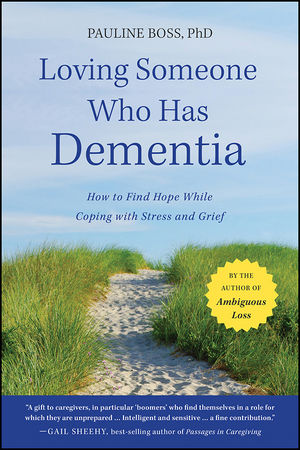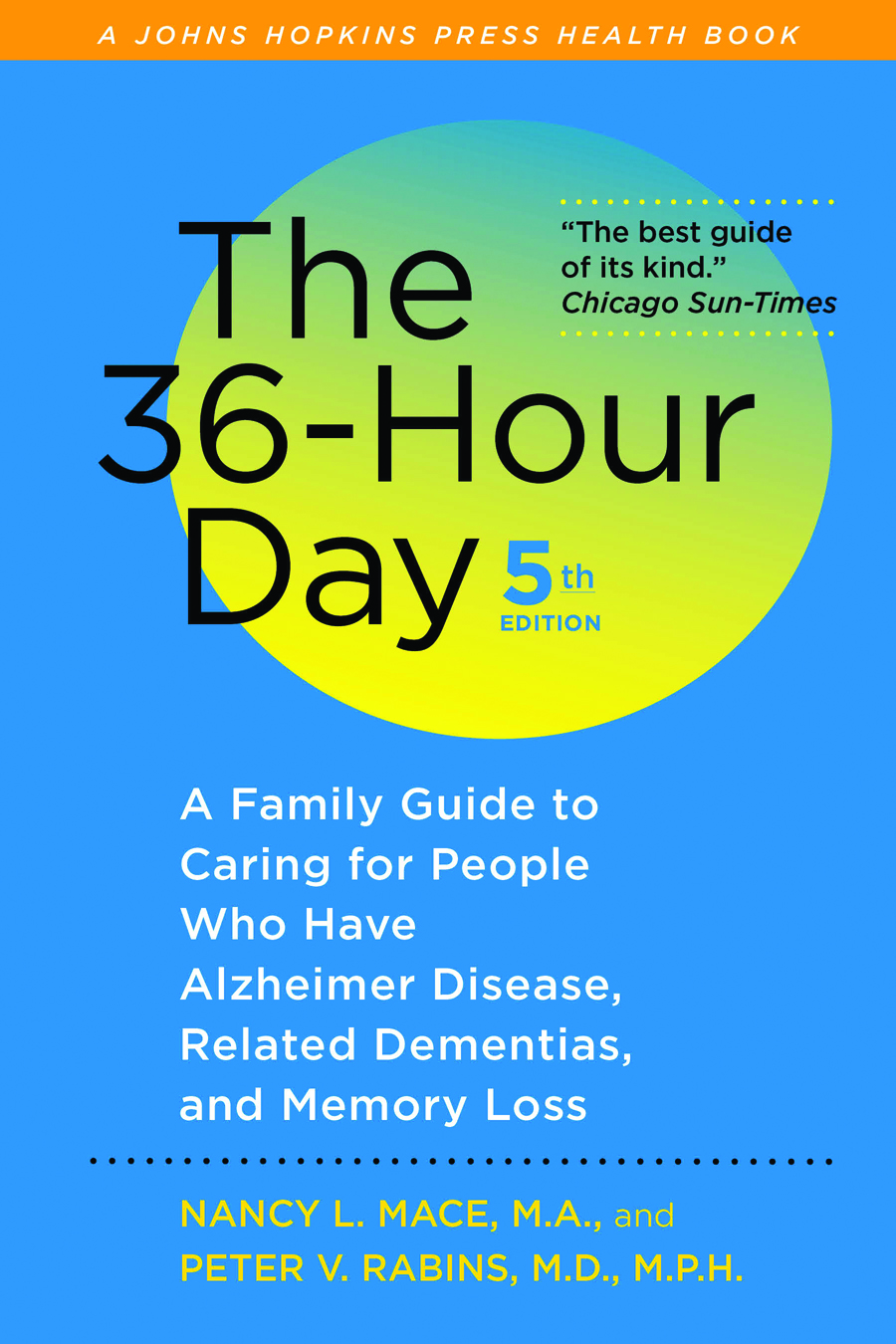Compassion fatigue can happen in many different situations and regardless of your job or caregiving role.
YOU MIGHT ALSO LIKE
CLEAR ALL
BY TOPIC
BY TEACHER
BY TYPE
FILTER

TOPIC
- Self-Care (33)
- Life Challenges (32)
- Healing Approaches (30)
- Compassion Fatigue (28)
- Resilience (24)
- Social Responsibility (23)
- Community Healing (22)
- Environmental Justice (21)
- Youth Activism (21)
- BIPOC Well-Being (20)
- Burnout (19)
- Climate Change (19)
- Dementia (18)
- Gender Justice (17)
- Offering Support to Others (17)
- Racial Justice (17)
- Asking for Help (15)
- Emotional and Mental Health (15)
- Self-Healing (14)
- Work-Life Balance (14)
- Communication Skills (13)
- Fellowship and Community (13)
- Stress Management (13)
- Trauma Healing (13)
- Women’s Well-Being (13)
- Black Well-Being (12)
- Cancer (12)
- Empowerment (11)
- Feminism (11)
- Mind-Body Connection (11)
- Neuroscience (11)
- Belonging (10)
- Connection with Nature (10)
- Economic Justice (10)
- Happiness (10)
- Nonviolence (10)
- Racism (10)
- Women’s Rights (10)
- Compassion (9)
- Courage (9)
- LGBTQIA Well-Being (9)
- Mindfulness (9)
- Poverty/Economic Inequality (9)
- Self-Discovery (9)
- Speaking Your Truth (9)
- Awareness (8)
- Family Dynamics (8)
- Leadership (8)
- Meditation (8)
- Memoir (8)
- Search for Purpose (8)
- Anxiety (7)
- Building Culture (7)
- Female Empowerment (7)
- Gender Discrimination (7)
- Global Challenges (7)
- Gratitude (7)
- Higher Calling (7)
- Integrative Medicine (7)
- Optimism (7)
- Transformation (7)
- Young Adult Well-Being (7)
- Chronic Health Conditions (6)
- Cross-Cultural Dynamics (6)
- Empathy (6)
- Finding Meaning (6)
- Grit (6)
- Human Potential (6)
- Living with Illness (6)
- Masculine/Feminine Dynamics (6)
- Neuroplasticity (6)
- Physical Health (6)
- Positive Psychology (6)
- Self-Actualization (6)
- Self-Love (6)
- Spiritual Awakening (6)
- Spirituality and Politics (6)
- Aging (5)
- Athlete Well-Being (5)
- Child’s Trauma (5)
- Death or Loss of a Loved One (5)
- Depression (5)
- Disabled Well-Being (5)
- Gender Challenges (5)
- Hope (5)
- Joy (5)
- LGBTQIA Sexuality (5)
- Racial Discrimination (5)
- Sleep (5)
- Trust (5)
- Veteran Well-Being (5)
- Access to Education (4)
- Addiction (4)
- AIDS (4)
- Anger (4)
- Buddhism (4)
- Endurance (4)
- Environmental Exploitation (4)
- Exercise (4)
- Fear (4)
- Freedom (4)
- Generosity (4)
- Grief (4)
- Holism (4)
- Honoring Emotion (4)
- Identity (4)
- Imagination and Creativity (4)
- Indigenous Well-Being (4)
- Inner Peace (4)
- Intention (4)
- Letting Go (4)
- Love (4)
- Othering (4)
- Personal Development (4)
- Race and Gender (4)
- Racial Healing (4)
- Relationship Challenges (4)
- Self-Esteem (4)
- Self-Reflection Practices (4)
- Spiritual Life (4)
- Stress (4)
- Sustainability (4)
- Trauma (4)
- Vulnerability (4)
- Adaptability (3)
- Animal Welfare (3)
- Authenticity (3)
- Child’s Emotional Growth (3)
- Christianity (3)
- Collaboration (3)
- Collective Trauma (3)
- Conflict Resolution (3)
- Connection (3)
- Creative Well-Being (3)
- Death and Dying (3)
- Diet and Nutrition (3)
- Digital Life (3)
- Ecospirituality (3)
- Foster Parenting (3)
- Growth Mindset (3)
- Habits of Mind (3)
- Healthy Eating (3)
- Homophobia (3)
- Humanitarian Aid/Relief Work (3)
- Immigration and Assimilation (3)
- Indigenous Healing Approaches (3)
- Indigenous Rights (3)
- Inner Life (3)
- Inner Strengths (3)
- Integrity (3)
- Interdependence (3)
- Islam (3)
- Negative Self-Talk (3)
- Neuropsychology (3)
- Nutritional Medicine (3)
- Sacred Feminine (3)
- Self-Compassion (3)
- Self-Development (3)
- Self-Mastery (3)
- Self-Reckoning (3)
- Sexuality (3)
- Shame (3)
- War (3)
- Work Challenges (3)
- AAPI Well-Being (2)
- Body Image (2)
- Breathwork (2)
- Confidence (2)
- Criticism and Rejection (2)
- Death or Loss of a Parent (2)
- Death-Positive Movement (2)
- Despair (2)
- Disconnection (2)
- Discrimination (2)
- Dysfunctional Childhood (2)
- Emotional Labor (2)
- Energy Healing (2)
- Entrepreneurship (2)
- Failure (2)
- Forest Bathing (2)
- Forgiveness (2)
- Goal Setting (2)
- Habit Formation (2)
- Illness and Injury (2)
- Incarceration (2)
- Inspiration (2)
- Judaism (2)
- Kindness (2)
- Loneliness (2)
- Memory (2)
- Mindfulness Meditation (2)
- Mindfulness Practices (2)
- Moral Philosophy (2)
- Motherhood (2)
- Motivation (2)
- Naturopathy (2)
- Parenting (2)
- Post-Traumatic Growth (2)
- Prayer (2)
- Presence (2)
- Psychology (2)
- Racial Identity (2)
- Relationship with Money (2)
- Relationship with Time (2)
- Rest (2)
- Science and Spirituality (2)
- Self-Acceptance (2)
- Self-Realization (2)
- Self-Worth (2)
- Sex (2)
- Social Media Addiction (2)
- Social Presence (2)
- Soul Mission (2)
- Spiritual Growth (2)
- Spiritual Healing (2)
- Spiritual Practices (2)
- The Feldenkrais Method (2)
- Tibetan Buddhism (2)
- Transgender Well-Being (2)
- Transitions (2)
- Unconscious Bias (2)
- Unfulfilled Career (2)
- Academic Struggles (1)
- Acceptance (1)
- Accepting Love (1)
- Addiction Recovery (1)
- Adoption (1)
- Alcohol Addiction (1)
- Animal Connection (1)
- Archetypes (1)
- Awe (1)
- Ayahuasca (1)
- Ayurveda (1)
- Biofeedback (1)
- Body Positivity (1)
- Brain Health (1)
- Building Character (1)
- Challenges with Teens (1)
- Child’s Challenging Behavior (1)
- Children’s Well-Being (1)
- Chronic Pain (1)
- Compassion Meditation (1)
- Conscious Evolution (1)
- Consciousness (1)
- Dark Night of the Soul (1)
- Eating Disorders (1)
- Embodiment (1)
- Emotional Intelligence (EQ) (1)
- Epigenetics (1)
- Facing Own Death (1)
- Faith (1)
- Focus (1)
- Friendship (1)
- Functional Medicine (1)
- Gender and Spirituality (1)
- Gender Identity (1)
- Generational Healing (1)
- Goddess (1)
- Guided Meditation (1)
- Guilt (1)
- Handling a Child’s Illness (1)
- Herbal Supplementation (1)
- Highly Sensitive People (1)
- Hinduism (1)
- Homeopathy (1)
- Hospice (1)
- Humility (1)
- Imposter Syndrome (1)
- Intimacy (1)
- Jewish Renewal (1)
- Journaling (1)
- Jungian Analysis (1)
- Latinx Well-Being (1)
- Learning Styles (1)
- Life-Altering Injury (1)
- Lifestyle Medicine (1)
- Loss of an Animal Companion (1)
- Loss of Partner/Spouse (1)
- Lovingkindness (1)
- Lovingkindness Meditation (1)
- Managing Energy (1)
- Marriage (1)
- Men’s Well-Being (1)
- Mental Health Challenges (1)
- Mentoring (1)
- Midlife Crisis (1)
- Military to Civilian Re-entry (1)
- OCD (1)
- Oneness (1)
- Passion (1)
- Philosophical Approaches (1)
- Plant Spirit Medicine (1)
- Positive Self-Talk (1)
- Positive Thinking (1)
- Problem Solving (1)
- Productivity (1)
- Psychology and Spirituality (1)
- Quantum Physics (1)
- Quitting Your Job (1)
- Regret (1)
- Reiki (1)
- Reproductive Health (1)
- Retirement (1)
- Self-Control (1)
- Self-Expression (1)
- Self-Pressure (1)
- Setting Limits and Boundaries (1)
- Sexual Health (1)
- Shadow (1)
- Social Psychology (1)
- Somatic Practices (1)
- Spiritual Crisis (1)
- Spiritual Development (1)
- Spiritual Quest (1)
- Stoicism (1)
- Suffering (1)
- Taoism (1)
- Traditional Chinese Medicine (1)
- Trauma-Informed Therapy (1)
- Traumatic Grief (1)
- Unity (1)
- Values (1)
- Wake-Up Calls (1)
- Weight Concerns (1)
- Whiteness (1)
- Wholeness (1)
- Work Relationships (1)
- Zen Buddhism (1)
FILTER

TEACHER
- Queen Afua (4)
- Richard Davidson (4)
- Andrew Weil (3)
- William Barber (3)
- adrienne maree brown (2)
- Alice Walker (2)
- Andrew Harvey (2)
- Anne Lamott (2)
- Arundhati Roy (2)
- Audre Lorde (2)
- Brené Brown (2)
- Caroline Myss (2)
- Craig Hamilton (2)
- Jack Canfield (2)
- Joan Chittister (2)
- Linda Graham (2)
- Louise Hay (2)
- Mark Victor Hansen (2)
- Martin Seligman (2)
- Melanie Joy (2)
- Moshé Feldenkrais (2)
- Oprah Winfrey (2)
- Ram Dass (2)
- Rebecca Solnit (2)
- Rick Hanson (2)
- Amit Goswami (1)
- Anna Sale (1)
- Arianna Huffington (1)
- bell hooks (1)
- Biet Simkin (1)
- Cornel West (1)
- Dacher Keltner (1)
- Daisaku Ikeda (1)
- Daniel Goleman (1)
- Daniel J. Siegel (1)
- Danya Ruttenberg (1)
- David Whyte (1)
- Deepak Chopra (1)
- Diane Stein (1)
- Dilip Jeste (1)
- Elaine Aron (1)
- Elizabeth Cronise McLaughlin (1)
- Ervin László (1)
- Forrest Hanson (1)
- Frans Stiene (1)
- Gabor Maté (1)
- Gay Hendricks (1)
- Geneen Roth (1)
- Jack Kornfield (1)
- James Baraz (1)
- Jan Willis (1)
- Jean Shinoda Bolen (1)
- Jeffrey Mishlove (1)
- Jeremy Narby (1)
- Jetsunma Tenzin Palmo (1)
- Joan Borysenko (1)
- Joan Halifax (1)
- john a. powell (1)
- Joseph Goldstein (1)
- Julia Cameron (1)
- Kareem Abdul-Jabbar (1)
- Kathy Freston (1)
- Kelly McGonigal (1)
- Kenny Ausubel (1)
- LaRayia Gaston (1)
- Larry Dossey (1)
- Lindo Bacon (1)
- Liz Theoharis (1)
- Mahatma Gandhi (1)
- Malala Yousafzai (1)
- Marc Ian Barasch (1)
- Maria Sirois (1)
- Marie Forleo (1)
- Martha Beck (1)
- Maya Angelou (1)
- Megan Rapinoe (1)
- Michelle Obama (1)
- Mirabai Bush (1)
- Muhammad Ali (1)
- Nina Simons (1)
- Norman Fischer (1)
- Panache Desai (1)
- Pema Chödrön (1)
- Phillip Moffitt (1)
- Rachel Carson (1)
- Rachel Naomi Remen (1)
- Riane Eisler (1)
- Rich Roll (1)
- Rudolph Ballentine (1)
- Rumi (1)
- SARK (1)
- Satish Kumar (1)
- Sharon Brous (1)
- Simon Sinek (1)
- Simone Weil (1)
- Sonia Sanchez (1)
- Starhawk (1)
- Stephen Levine (1)
- The Dalai Lama (1)
- Thomas Hübl (1)
- Valarie Kaur (1)
- Wendell Berry (1)
- Winona LaDuke (1)
- Yongey Mingyur Rinpoche (1)
- Zainab Salbi (1)










